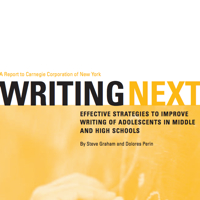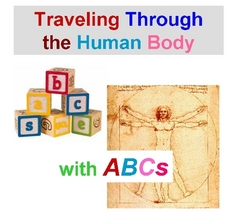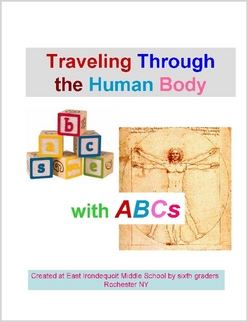I’m very excited by a project designed by a Patricia Martin, a friend and colleague. The project engaged parents as literacy partners with their children. It included opportunities for parents to reflect on their learning and reading experiences with their children. Pat documented the entire project in a book, published using print on demand technology. For more information on how you and your students can publish your own books visit our website Read > Think > Write > Publish
Pat describes the project:
“The increased attention to high-stakes testing and charter schools should re-emphasize the need for public schools to engage parents, as well as, students in the daily classroom learning experiences. Of course, it’s not the Parent Association, room mother, field trip chaperon who needs a nudge to be involved in school activities. Disengaged parents may be new to a school district, occupied with child-rearing responsibilities, isolated by culture or language or a victim of negative school experiences. Some districts have found successful methods for reaching out to the disengaged parent.
The Parent Project is one district’s response to the growing absence of parent involvement. Based on the work of James Vopat, The Parent Project – A Workshop Approach to Parent Involvement, the district created a planning team that included several parents to plan and implement a series of parent workshops. During each workshop the parent leaders and teachers coached targeted parents to become partners in their child’s literacy development.
The workshops were planned to include fun, learning and reflection. As much as possible, the parents experienced learning much as their child would in the classroom. Parents were given the opportunity to practice each session’s learning with their child through carefully designed take-home activities. The next session began with a sharing of parental insights during these practice activities. Parents and teachers captured their experience in a personal journal.
Additional characteristics of the Vopat model build a sense of community and shared commitment among the participants.
• Family meal with teachers and administrators before each workshop
• Child care for all children during the workshop
• Transportation to the workshopsThe final product, beyond a published book, was evident. The five original teachers elected to remain on the CORE team and five additional teachers volunteered to join the CORE team for the next training session. Three-fourths of the parents elected to form a Parent Alumni Group to continue the workshop experience. Half of those parents also volunteered to serve as Parent Leaders with the next set of parents. Parents “graduates” of The Parent Project are volunteering in classrooms because they believe that they are an integral part of the educational scene.”
Pat’ blog “Literacy is All” / email





